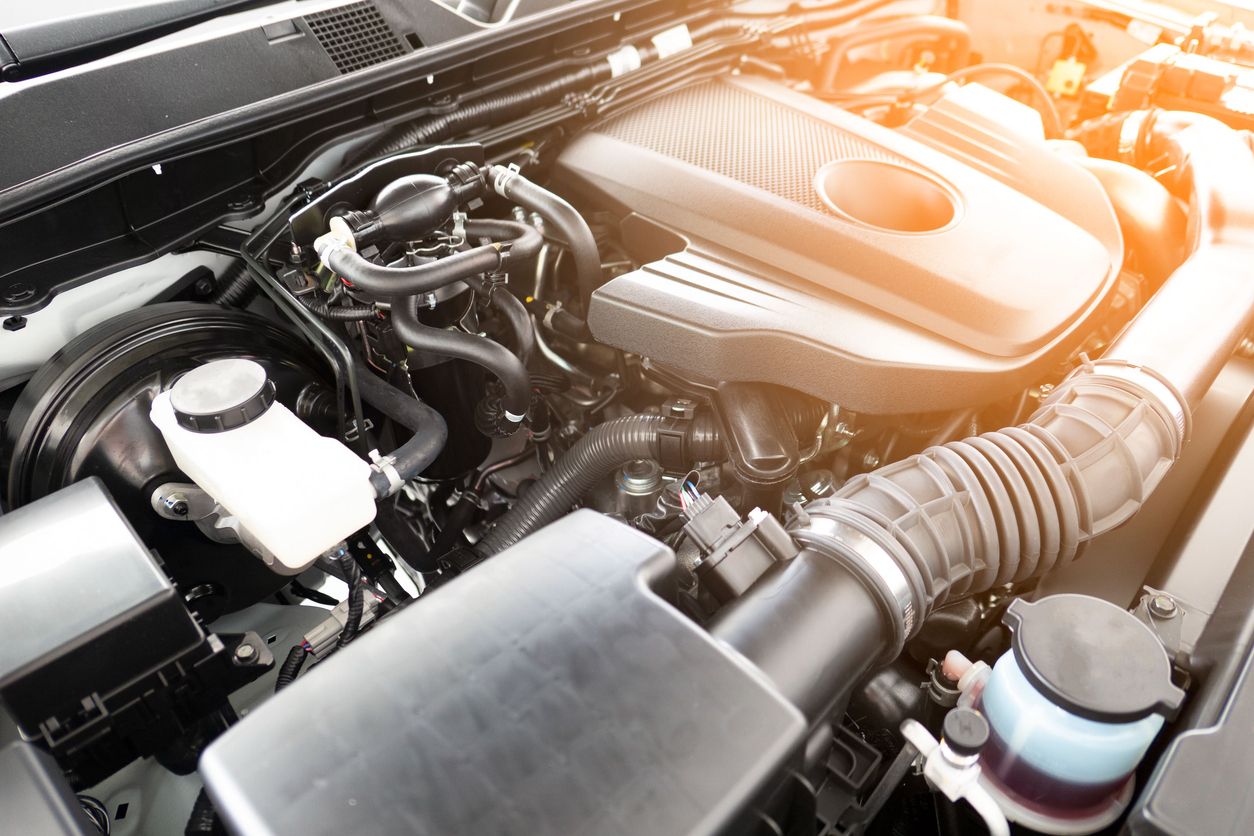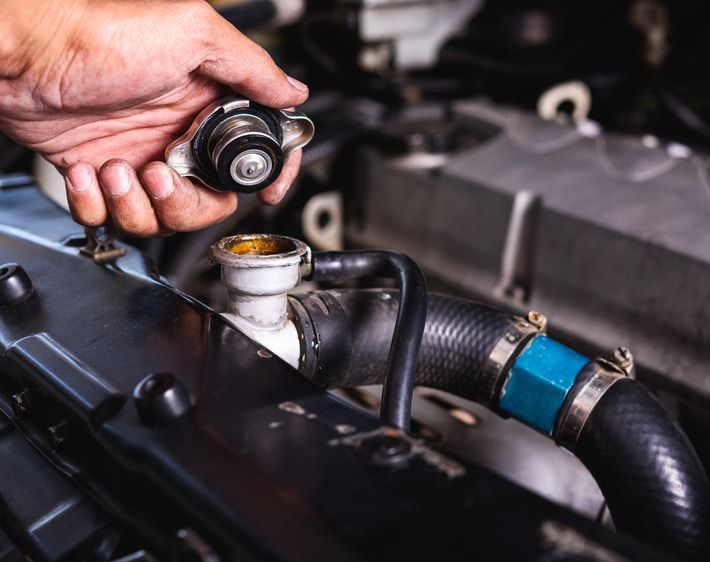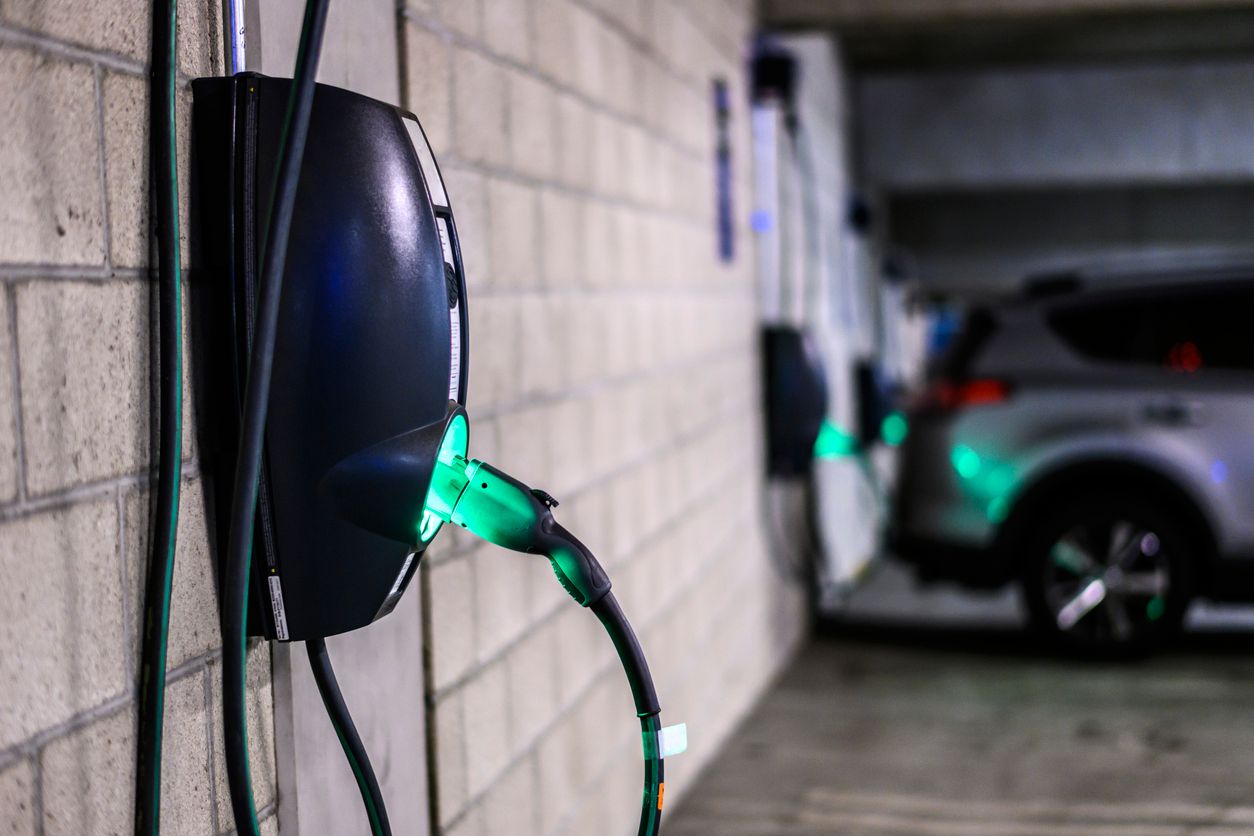You rely on your car to take you everywhere: work, countless errands, on road trips, and eventually, to your home sweet home. But when you have a shaky vehicle, all that driving around can get old quickly. If your car shakes when accelerating, braking, or even idling, it’s time to investigate the problem and find out how to fix it.
What Does It Mean When Your Car Shakes?
Your car has multiple systems and complex components that keep it running. If one of those systems isn’t working correctly, you might see, hear, or — in the case of car shaking — feel it! A shaking car can have many causes, but you’ll want to resolve it no matter the reason. Your first step should be to evaluate when your car shakes and then schedule an appointment for a diagnostic inspection —paying attention to when, where, and how your car shakes can help you diagnose the issue.
My Car Shakes When It's Idling
So, your car shakes every time you’re at a complete stop. It’s safe to rule out localized minor earthquakes. While a shaky, idling car can certainly feel like an earth-rumbling tremor, it can also indicate a problem with your engine – indicating you need to make an appointment for engine repair. Common causes of your car shaking while idling include:
- Loose Engine Mounts: Engine mounts connect your engine to your car. As your engine mounts wear out over time, you may hear rattling or feel vibrations throughout your vehicle.
- Faulty Fuel Injectors: When fuel injectors are not working correctly, they can cause rough idling and shaking. In this case, come in for engine diagnostic service to pinpoint the exact cause.
- Worn-out Spark Plugs: Spark plugs are crucial for engine performance. Worn or damaged spark plugs can cause misfires, leading to a rough idle and shaking.
- Clogged Air Filter: A clogged engine air filter can reduce engine performance and cause rough idling.
- Bad Timing Belt or Stretched Timing Chain: A worn or damaged timing belt or stretched timing chain can lead to significant engine issues and cause the car to shake.
My Car Shakes When I Accelerate
If your car shakes when accelerating, it could be due to several underlying issues that need attention. The most common causes include:
- Worn CV Axle: A worn CV axle can produce a vibration while accelerating and a clicking noise while turning.
- Damaged Engine Mounts: As previously mentioned, loose or damaged engine mounts can’t efficiently absorb the vibrations produced by your cranking engine, so you’re likely to feel them when you step on the gas.
- Suspension Issues: Loose or worn parts in the suspension system, such as tie rods or ball joints, can cause vibrations when accelerating.
- Engine Misfiring: Engine misfires can occur due to various issues, such as faulty spark plugs or ignition coils, causing the car to shake during acceleration.
My Car Shakes When I Brake
You expect reliable performance when taking your vehicle from zero to sixty. You should expect the same performance when going from sixty to zero! But if your steering wheel, brake pedal, or entire car shakes when you hit the brakes (especially at higher speeds), ignoring the issue could put you at risk of an accident. We highly recommend booking a brake appointment. Shaking when braking can be caused by:
- ‘Warped’ Brake Rotors: Uneven rotor surfaces can cause vibrations felt in the brake pedal and steering wheel. This is known as excessive rotor lateral runout.
- Worn-out Brake Pads: Insufficient pad thickness can lead to shaking when applying the brakes.
- Insufficiently Lubricated Guide Pins: These are essential for smooth braking. If they aren’t properly lubricated, you might feel vibrations.
My Car Shakes When I Drive Fast
Experiencing car shakes at high speeds, or if your car shakes when driving over 55 mph, can be particularly concerning. A car shaking at high speed usually indicates issues that need immediate attention – and potentially a balancing or alignment appointment.
- Imbalanced Tires: Tire imbalances can cause vibrations in the steering wheel, floorboards, and seats.
- Loose Lug Nuts: Loose lug nuts can create dangerous driving conditions and cause excessive shaking, especially when you’re driving over 55 mph.
- Worn Tires: Worn tires or tires that have tread separations can cause vehicle vibration.
- Worn Suspension Components: Worn or damaged suspension parts, such as ball joints and tie rods, can cause vibrations at higher speeds.
Observational Tips: Stop, Look, and Listen
Ready to pinpoint what is causing your car to shake and find a solution? To help pinpoint the problem, observe and note:
- Does the vibration get worse as speed increases?
- Does it happen at certain speeds? If so, what speeds?
- Is the vibration felt in the seat, steering wheel, or brake pedal?
- Is there any abnormal noise when the car shakes?
- Does the car vibrate while standing still with the engine running?
- Is the vibration concentrated in the steering wheel?
What to Do When Your Car Shakes
Is a shaking car driving you crazy? Don’t fret! Head to your nearest Firestone Complete Auto Care for a Complete Vehicle Inspection. Our expert technicians can find the cause of the issue so you can get back on the road and on with your life. Book your appointment now.



